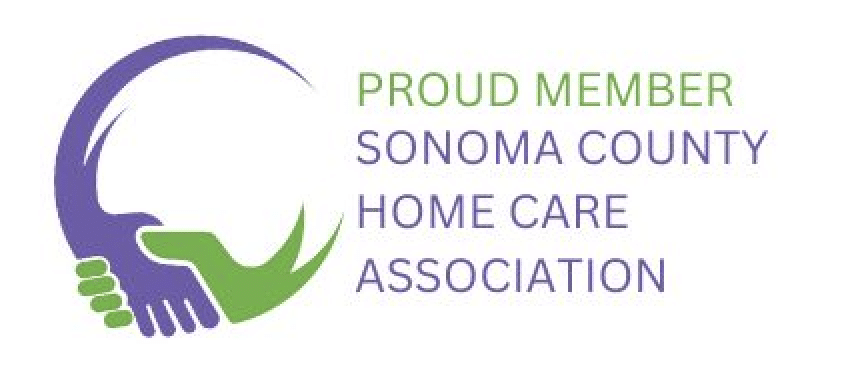An action plan to prevent Alzheimer’s disease
Memory loss, behavioural changes, cognitive deficits: Alzheimer’s disease leads to a dramatic loss of autonomy for those affected and has a heavy impact on health costs. Its prevention has become a real social challenge. An international task force, led by the University of Geneva (UNIGE) and the Geneva University Hospitals (HUG), is setting out guidelines…







